Falstaff
- Opéra de
- Giuseppe Verdi
- Conductor
- Daniele Rustioni
- Director
- Barrie Kosky
An opera by Guiseppe Verdi - Director: Barrie Kosky - Conductor: Daniele Rustioni
- Dates Oct 9 - Oct 23, 2021
- Rates From 10€ to 110€
- Location Opéra de Lyon
- Running Time 2h 40mn whose 1 intermission(s) during 35 min
In a few words
COVID-secure Visit
A vaccine passport is required to attend this event.
Find out more
Verdi, drawing from two Shakespeare plays, delivers a colourful work with a singular message: the world is a joke and man a fool. Through Barrie Kosky’s staging and its delightful yet melancholy hero, Falstaff aptly mocks our contemporary problems.
Introductory
Cast
More images

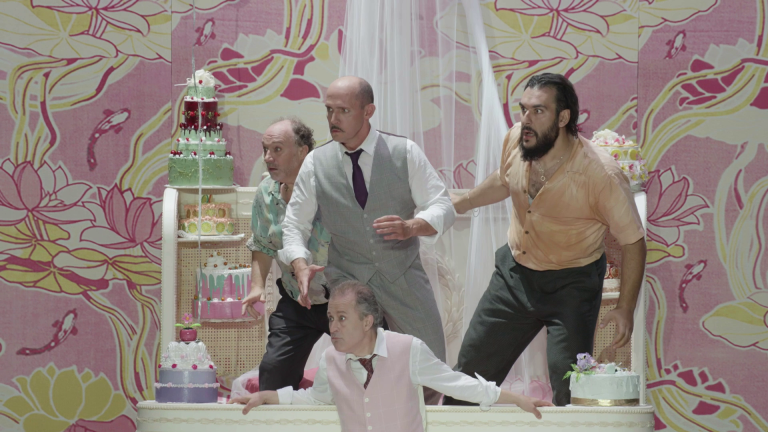
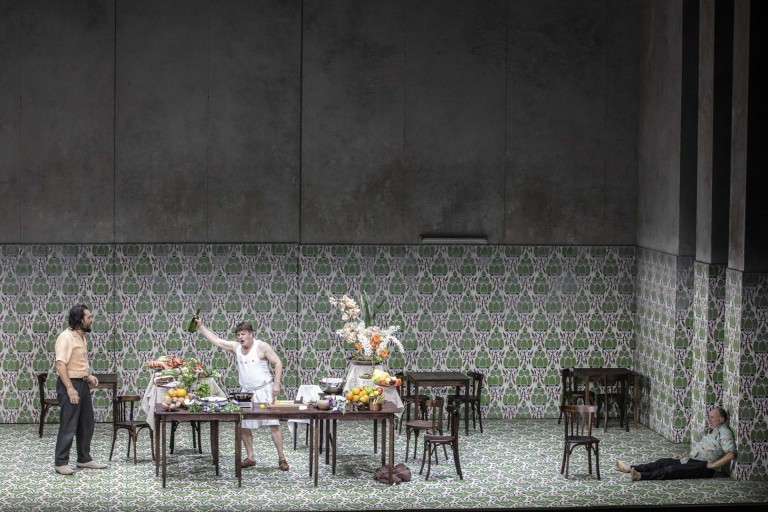
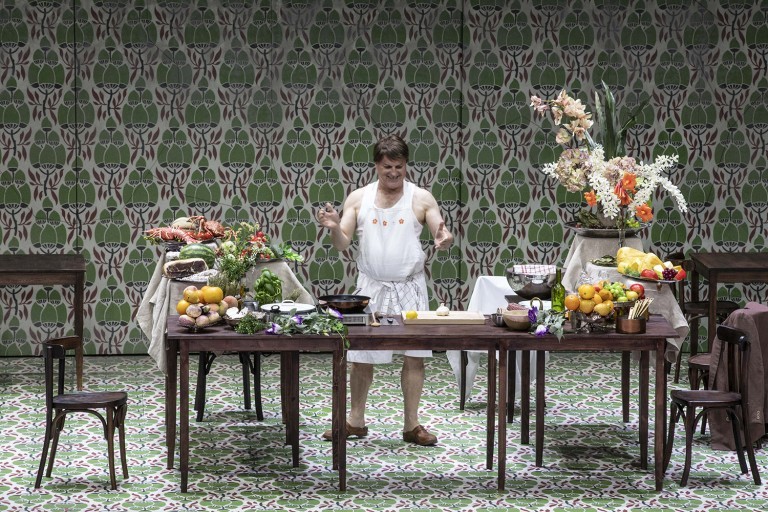
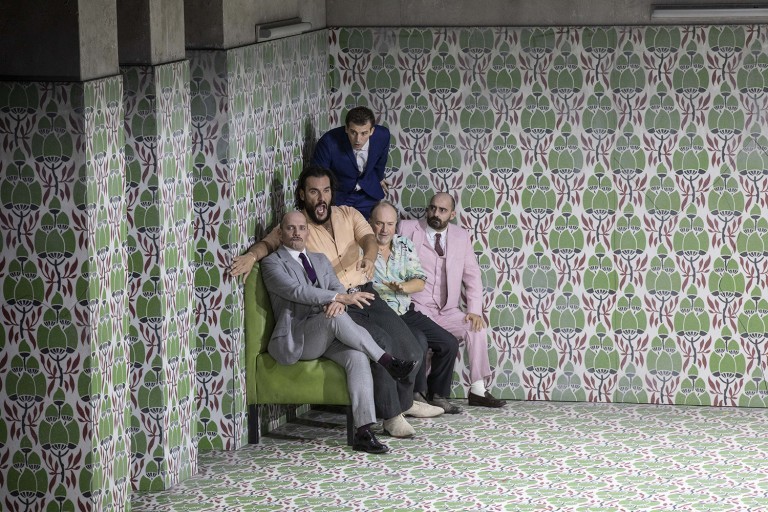
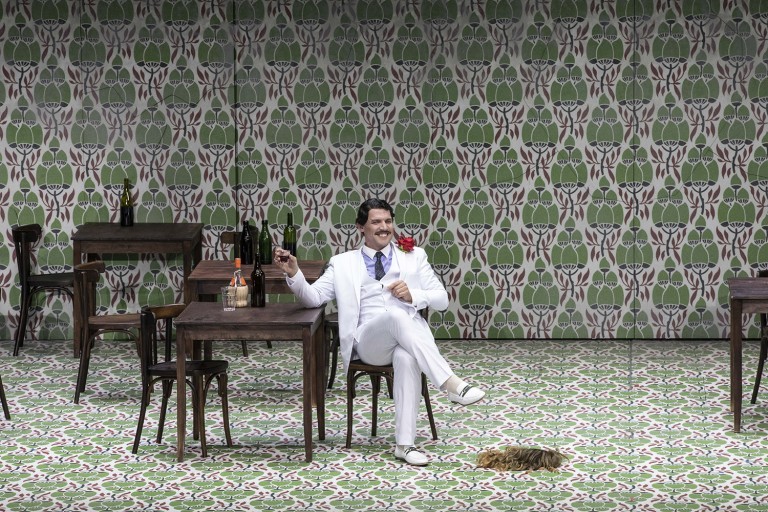
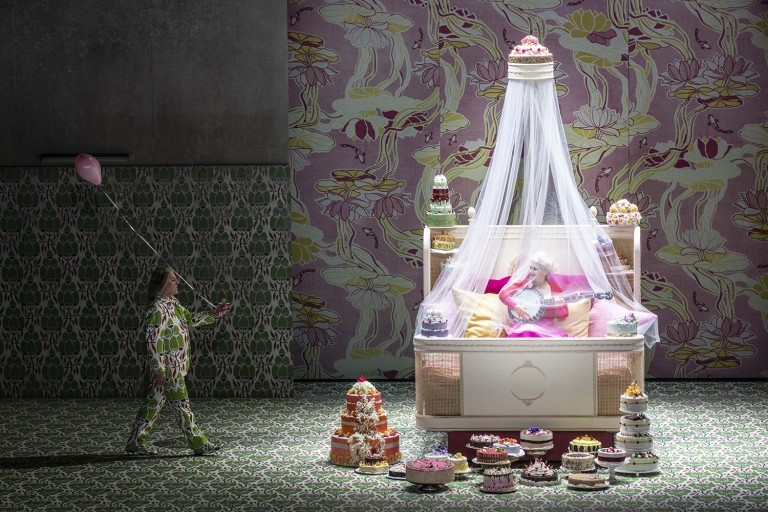
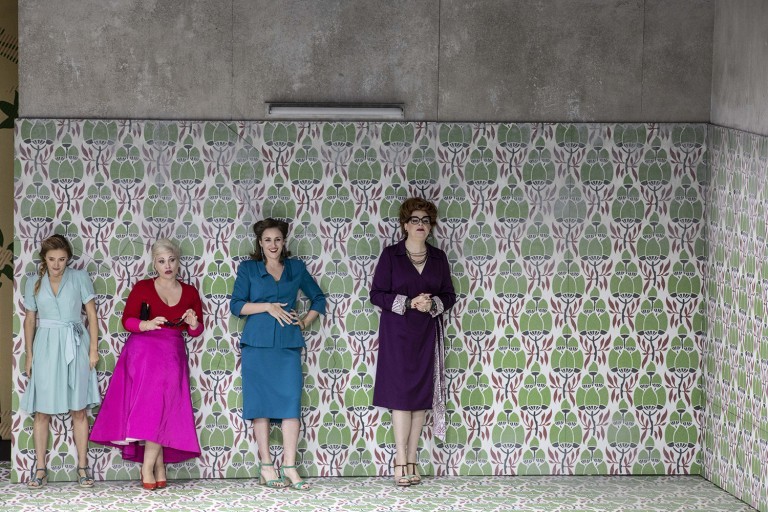
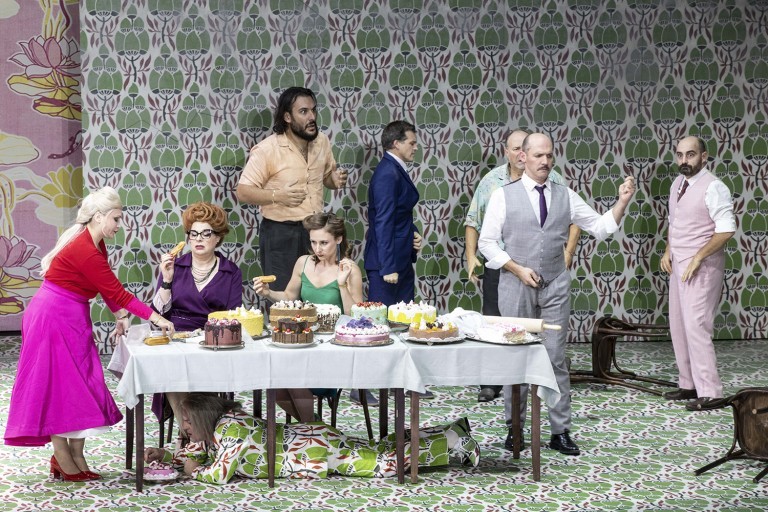
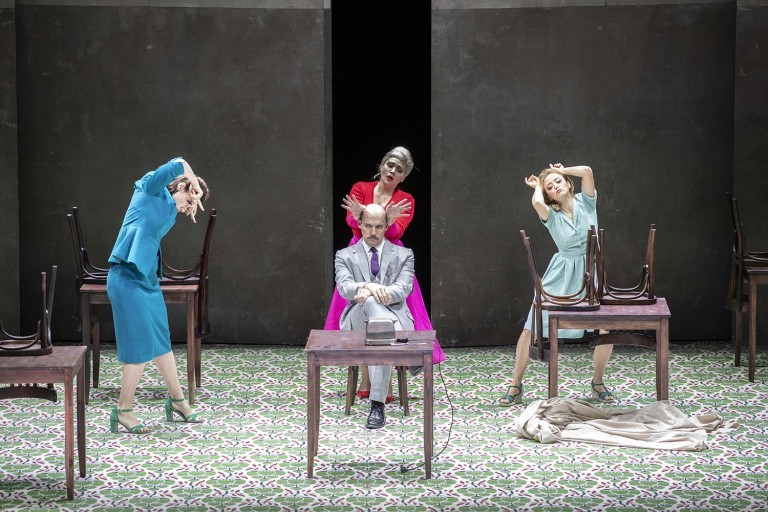
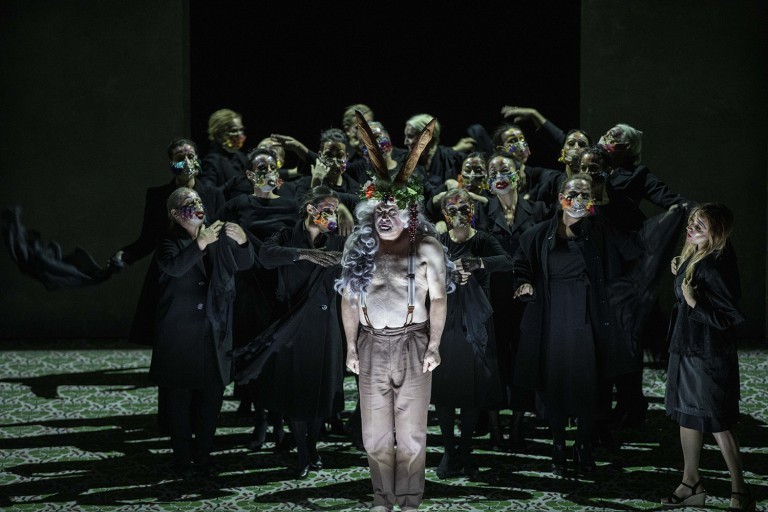
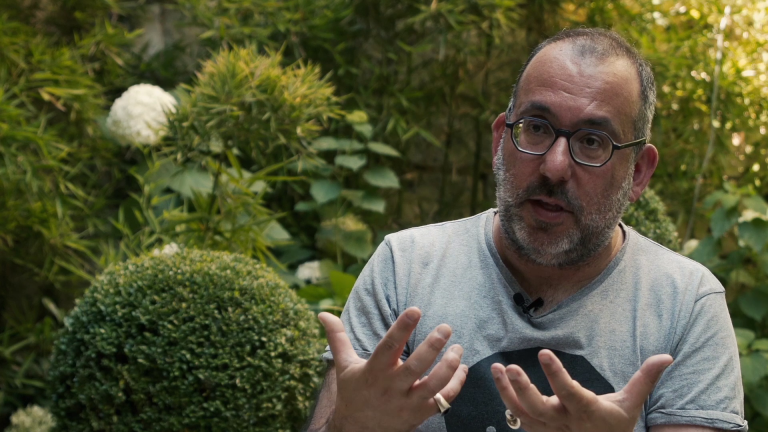
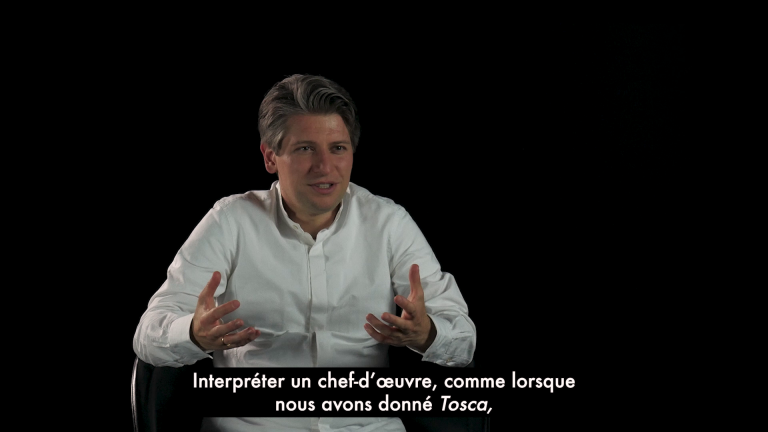
You may also like
Soutenir l'Opéra
Engagez-vous et contribuez à la concrétisation de ses missions et de ses projets